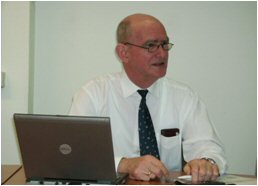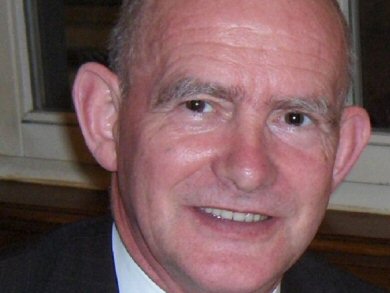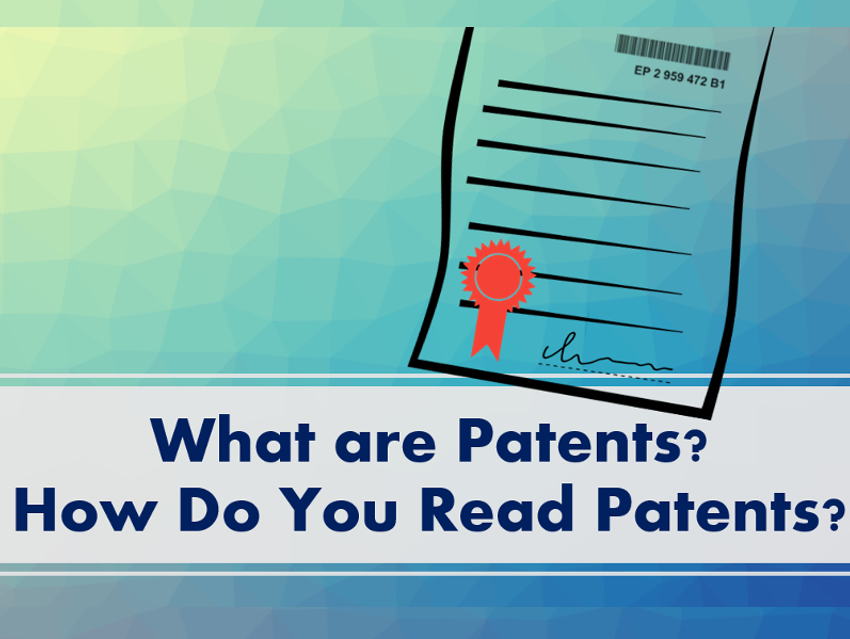Each month, ChemViews asks a chemist at the beginning of their career (Paolo Melchiorre, Institute of Chemical Research of Catalonia (ICIQ), Spain) and an established chemist (Jan Reedijk, below) to give their opinions on the future of chemistry.
Interview
Jan Reedijk, Leiden University, The Netherlands
1. What do you think is the biggest challenge facing the world?
That there is enough food and water for every living person (sustainable production).
2. What role can chemistry play?
By creating increasingly sustainable production processes for fuel, materials, agricultural products
3. Which trends would you like to see develop? What are your hopes for the future?
More attention for free, fundamental research by talented young staff. This will no doubt lead to new innovations in due time.
4. Which trends would you like to see disappear? What are your fears for the future?
Too much directed research, monitored too frequently, killing creativity of young talented staff. I fear that this is the biggest challenge, including the “be cited or disappear” culture.
5. Which invention(s) would you like to live to see?
Food production from waste.
6. What would you like to be doing ten years from now?
Enjoying the improvements in the processes mentioned above.
7. What advice would you give to up-and-coming scientists? What was the best advice you have ever been given?
Be creative, do not follow fashionable science, and think independently in a creative way. Be not afraid to change topics.

Personal Record

Jan Reedijk
- Faculty of Science, Leiden Institute of Chemistry, Metals in Catalysis, Biomimetics & Inorganic Materials
Born
August 3, 1943; Westmaas; The Netherlands
Research Interests
- Coordination chemistry of transition-metal ions
- Bioinorganic chemistry (active-site structure and mechanism; models for metalloproteins; metal-DNA interactions)
- Applications of coordination chemistry in catalysis, medicine, ion-exchange, surface chemistry
- Extended (magnetic and electric) interactions in coordination compounds and magnetic materials (dimers, clusters, chains)
- Molecular recognition and intermolecular interactions (catalysis; biomacromolecules)




